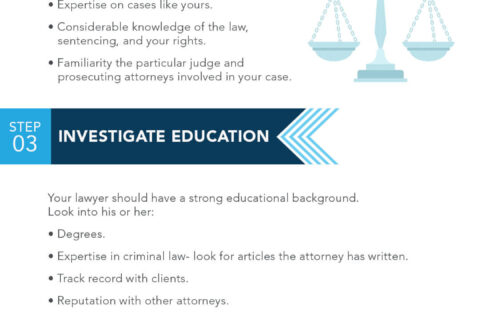The Role of Forenseic Evidence in Violent Crime Cases: Importance and Challenges
In the criminal justice system, forensic evidence acts as a silent witness, revealing hidden truths, breaking impasses, and uncovering potential innocence or guilt. Forensic evidence often plays a significant role in violent crime cases, shaping the course of the trial and helping to establish the truth. Here’s a closer look at why forensic evidence is so important and the challenges associated with its use.
The Significance of Forensic Evidence in Violent Crime Cases
Criminal prosecution has advanced from trusting witness testimony alone to using science to figure out the who, what, when, where, and how of a crime scene. Forensic evidence varies widely, encompassing biological materials like blood, saliva, and semen; trace evidence such as fingerprints, fibers, or gunshot residue; digital data from computers or phones; ballistic reports and bloodstain pattern analysis; and much more.
Here’s how forensic evidence can shape a criminal investigation:
- Establish links: Forensic evidence can link a suspect to a crime scene, victim, and even other crimes. This aids in establishing a motive, opportunity, and intent, all crucial elements in proving a criminal case.
- Verify statements and alibis: Forensics can be used to validate or disprove the explanations given by suspects, victims, and witnesses.
- Identify suspects: Fingerprints and DNA evidence help identify perpetrators, especially in cases with no witnesses or in crimes committed by repeat offenders.
- Influence judicial decisions: Judges and juries give significant weight to forensic evidence, as it provides scientific and objective insights.
The Challenges with Forensic Evidence
While forensic evidence is undeniably valuable, it presents unique challenges that can significantly impact a case. Consider how forensic evidence can go awry:
- Poor collection or preservation techniques can contaminate or degrade the evidence, causing misleading results.
- Misinterpreting the evidence can occur due to a lack of training, human error, or bias.
- Poor presentation in court can lead to wrongful convictions or acquittals. Forensic evidence is often technical and requires careful explanation to avoid these outcomes.
- Questionable validity is a concern because not all forensic techniques are reliable. The analysis of bite marks, hair, and fingerprints may be questioned in court.
Hiring a Lawyer to Navigate Complex Forensic Evidence
Given the importance and challenges of forensic evidence, accused individuals must hire a defense lawyer who understands the associated complexities. A knowledgeable attorney can safeguard your rights in light of forensic evidence by:
- Challenging the collection, preservation, and interpretation of the evidence
- Bringing in expert witnesses to testify about the evidence
- Helping the court understand the evidence and its implications
Partner with Richards & Richards Law Firm
If you’re looking for an experienced criminal defense attorney in Ogden, UT, Richards & Richards Law Firm is here to help. We understand the significant role forensic evidence plays in violent crime cases and the challenges it can present. We believe everyone deserves a fair defense, and we’ll fight for your rights in court. Call us today at 801-621-7443 or contact us online for expert help navigating your complex legal case.


